15 New Faculty Join Columbia Engineering
The combined strengths of these newest investigators, lecturers, and scholars reflect the School's commitment to foundational, interdisciplinary, and translational research addressing some of the greatest challenges of our time. They come from a range of research backgrounds and are experts in areas as diverse as artificial intelligence, data science, cybersecurity, optimization, robotics, human-centered design, human-computer interaction, algorithm design, game solving, market design, energy storage and conversion, sustainable development, optics and mathematics, genomics, and tissue engineering.
ELIAS BAREINBOIM
Elias Bareinboim joined the Department of Computer Science as an Associate Professor in July 2019.
Bareinboim received his PhD from the University of California at Los Angeles in 2014 and his MSc and BSc from the Federal University of Rio de Janeiro in 2007.
Bareinboim is the director of the Causal Artificial Intelligence (CausalAI) Laboratory. He joins Columbia from Purdue University. His research focuses on causal inference and its application to data-driven fields in the health and social sciences as well as artificial intelligence and machine learning. His work was the first to propose a general solution to the problem of "causal data science," providing practical methods for combining datasets generated under different experimental conditions and plagued with various biases. More recently, Bareinboim has been exploring the intersection of causal inference with decision-making (including reinforcement learning) and explainability (including fairness analysis). Bareinboim was named one of “AI's 10 to Watch” by IEEE, and is a recipient of an NSF CAREER Award, the Dan David Prize Scholarship, the 2014 AAAI Outstanding Paper Award, and the 2019 UAI Best Paper Award.

THANOS BOURTSALAS
Thanos Bourtsalas joins the Department of Earth & Environmental Engineering as a Lecturer in Discipline in September 2019.
Bourtsalas received his PhD from Imperial College London in 2015, his MS from Columbia Engineering in 2010, and his MS and BS from University of Patras in 2006. He also received a credential of readiness from Harvard Business School Online in 2019.
Bourtsalas focuses on systems for sustainable development with an emphasis on process engineering, sustainability economics, and public policy. He was vice president of research, development, and deployment at Global WTERT (Global Waste to Energy Research & Technology) Council, Inc. where he directed technoeconomic and business model studies for the use of urban and industrial residues for the production of energy, fuels, and materials. At Columbia, he lectures on sustainable development and is a senior research associate at the Earth Engineering Center. He is currently a consultant at the World Bank and an advisor for the United Nations Economic Commission for Europe on the development of standards and a toolkit for efficient Public and Private Partnerships of sustainable development projects.
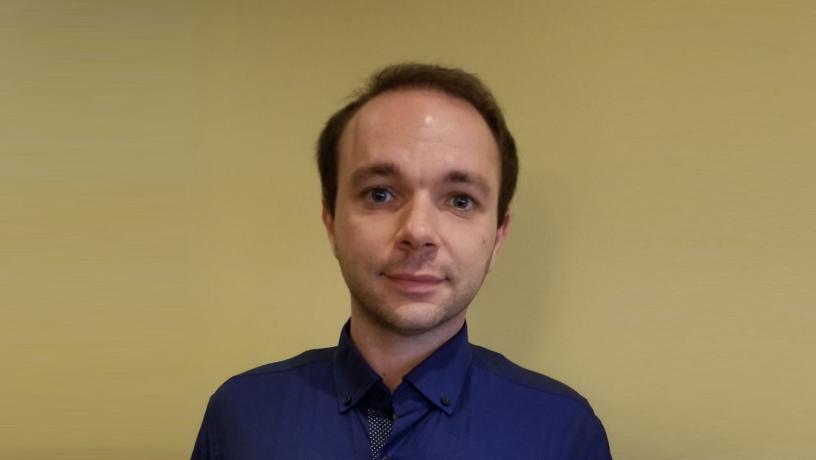
ASAF CIDON
Asaf Cidon joined the Departments of Electrical Engineering and Computer Science as an Assistant Professor in July 2019.
Cidon received his PhD from Stanford in 2015, his MS from Stanford in 2012, and his BS from Technion – Israel Institute of Technology in 2010.
Cidon’s interests lie in the areas of networked systems, machine learning for systems, and security. Prior to joining Columbia, he was Senior Vice President of Email Protection at Barracuda Networks, where he was responsible for all email security and archiving products. He joined Barracuda after it acquired his startup, Sookasa, where he was the CEO and co-founder. His research on distributed storage systems was adopted in commercial systems of several companies, including Facebook, Tibco, and Hortonworks. Dr. Cidon previously worked at Google Israel. He is a recipient of SC Media’s 2017 Rising Star Award and a Sohnis Promising Scientist Award.
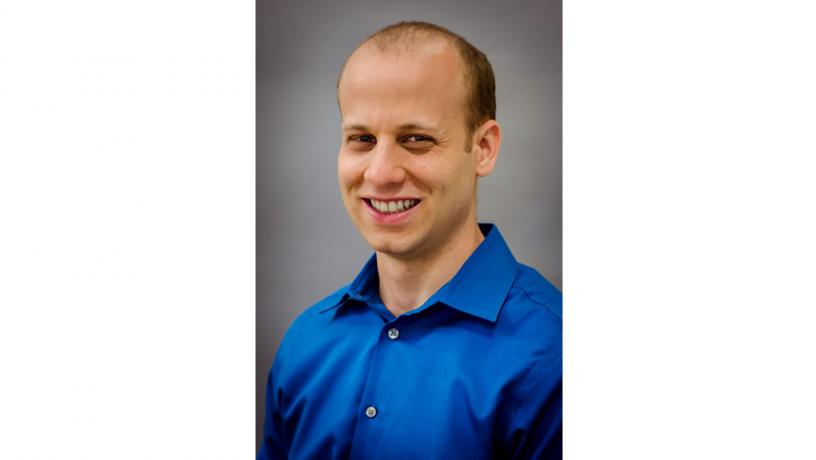
CÉDRIC JOSZ
Cédric Josz joined the Department of Industrial Engineering and Operations Research as an Assistant Professor in July 2019.
Josz obtained a PhD from the University of Paris VI in 2016, a MS from the University of Paris I in 2012, a MS from ENSTA ParisTech, University of Paris-Saclay in 2012, and completed classes préparatoires aux grandes écoles (CPGE) at Lycée Privé Sainte-Geneviève in 2009. He was a postdoctoral researcher at University of California at Berkeley.
Josz designs tractable and guaranteed algorithms for real-world optimization problems such as computing power flows for smart grids, intelligent transportation systems, and smart cities. Such work will address the increasing complexity of power systems due to renewable energy and electric vehicles. He is also interested in recommendation systems and challenges presented by autonomous vehicles and deep learning for medical imaging. His methods fall into two categories: convex relaxations and local search algorithms. He looks forward to working with students to pursue research in optimization.
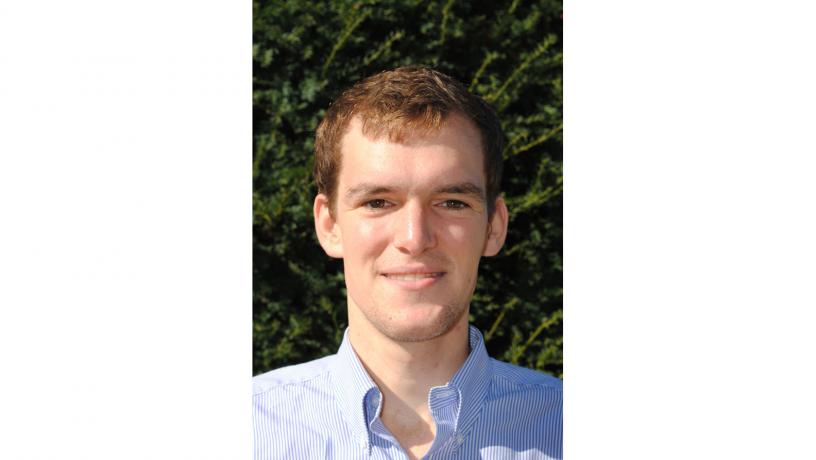
DAVID KNOWLES
David Knowles joined Columbia University in January 2019 with a joint appointment in the Department of Computer Science as an Assistant Professor and at the New York Genome Center (NYGC).
Knowles received his PhD from the University of Cambridge in 2012, his MSc from Imperial College London in 2008, and a MEng and BA from the University of Cambridge in 2007. Knowles was previously a postdoctoral researcher at Stanford in genetics, radiology, and computer science.
Knowles’ research involves the development and application of machine learning methods in genomics, particularly to understand how cellular mechanisms like RNA splicing are altered in human genetic disease. He was a Roger Needham Scholar at Cambridge’s Wolfson College, funded by Microsoft Research. Dr. Knowles is also a member of the Data Science Institute.
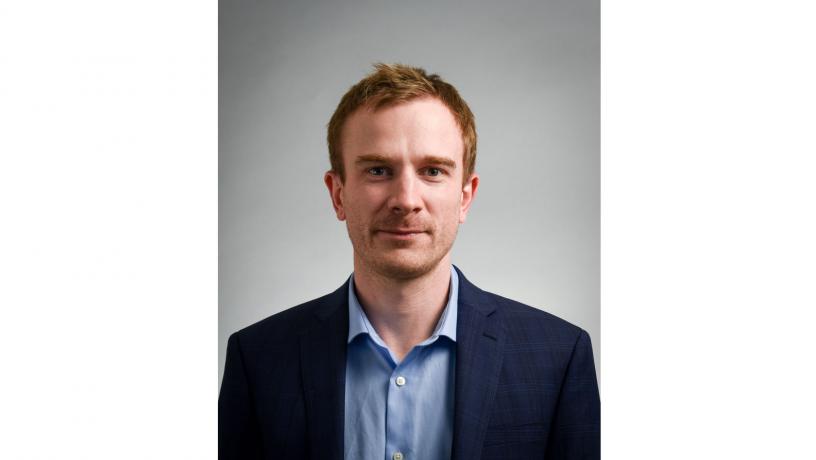
CHRISTIAN KROER
Christian Kroer joined the Department of Industrial Engineering and Operations Research as an Assistant Professor in July 2019.
Kroer received his PhD from Carnegie Mellon University in 2018, his MS from IT University of Copenhagen in 2012, and his BA from Aalborg University in 2009. Since 2018, he has been a postdoctoral researcher on Facebook’s Core Data Science team.
Kroer’s research lies at the intersection of computer science, economics, and operations research. He focuses on sequential game solving, decision making, and market design. A recurring theme in his research is how to solve large-scale problems in practice, and thus he often works on first-order methods, regret minimization, and dimensionality-reduction methods. His research has applications in areas such as Internet markets (e.g. ad auctions or recommender systems), fair allocation (e.g. of courses to students), security settings (e.g. wi-fi jamming or infrastructure protection), and recreational games (e.g. poker). Kroer will be teaching courses on optimization, game solving, and market design.
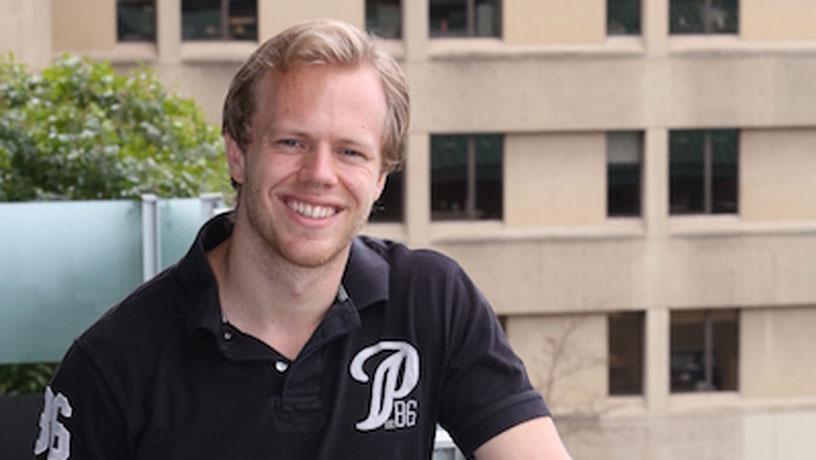
TIM ROUGHGARDEN
Tim Roughgarden joined the Department of Computer Science as a Professor in January 2019.
Roughgarden received his PhD from Cornell in 2002, an MS from Stanford in 1998, and a BS from Stanford in 1997.
Roughgarden’s research interests include the many connections between computer science and economics, as well as the design, analysis, applications, and limitations of algorithms. He joins Columbia Engineering from Stanford, where he was a professor of computer science and management science and engineering. For his research, he has been awarded the ACM Grace Murray Hopper Award, the Presidential Early Career Award for Scientists and Engineers (PECASE), the Kalai Prize in Computer Science and Game Theory, the Social Choice and Welfare Prize, the Mathematical Programming Society’s Tucker Prize, and the EATCS-SIGACT Gödel Prize. He was a Guggenheim Fellow in 2017. His books include Twenty Lectures on Algorithmic Game Theory (2016) and Algorithms Illuminated (2017). He is also a member of the Data Science Institute.
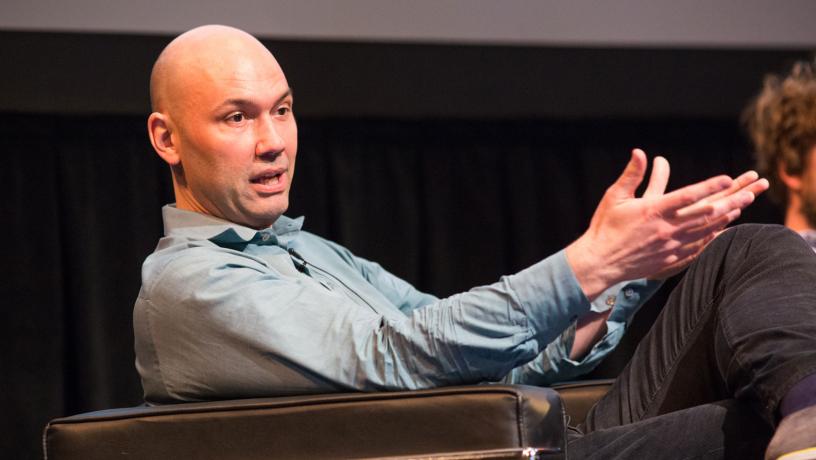
AMIR SAGIV
Amir Sagiv joined the Department of Applied Physics and Applied Mathematics as the Chu Assistant Professor in July 2019.
Sagiv received his PhD from Tel Aviv University in 2019, his MSc from Tel Aviv University in 2016, and his BSc from the Hebrew University of Jerusalem in 2009.
Sagiv’s research lies at the intersection of probability and approximation theory in optics and mathematics. He is currently focused on the prediction of random and chaotic dynamics in high-power, nonlinear laser beams. He will teach multivariate calculus this fall.
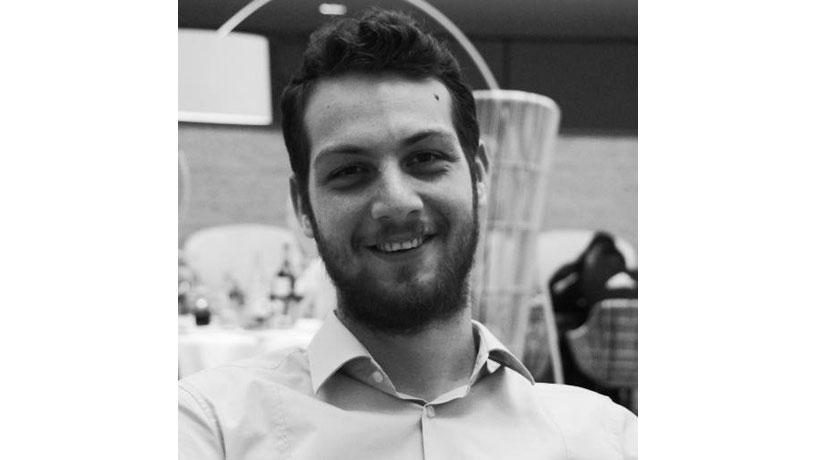
MIJO SIMUNOVIC
Mijo Simunovic will join the Department of Chemical Engineering as an Assistant Professor in December 2019.
Simunovic received his PhD from the University of Chicago in 2015 and his PhD from the University of Paris 7 in 2015. Prior to Columbia, he was a Junior Fellow of the Simons Society of Fellows at Rockefeller University.
Simunovic’s research lies at the interface of engineering, physics, and biology, with particular interest on physics-driven biological problems at the cellular and tissue scales. He recently built an experimental model of the human embryo which elucidated a mechanism by which we break the top-bottom symmetry, a key first step in establishing the body plan. His aim is to create quantitative models of the human embryo and to combine efforts in tissue engineering and developmental biology to not only understand how the human embryo develops but also to mimic natural processes for applications in reproductive and regenerative medicine. Simunovic has received the Chancellor's prize for PhD research from the Sorbonne Universities in Paris and the AAAS/Science and SciLifeLab Prize for Young Scientists in Cell and Molecular Biology.
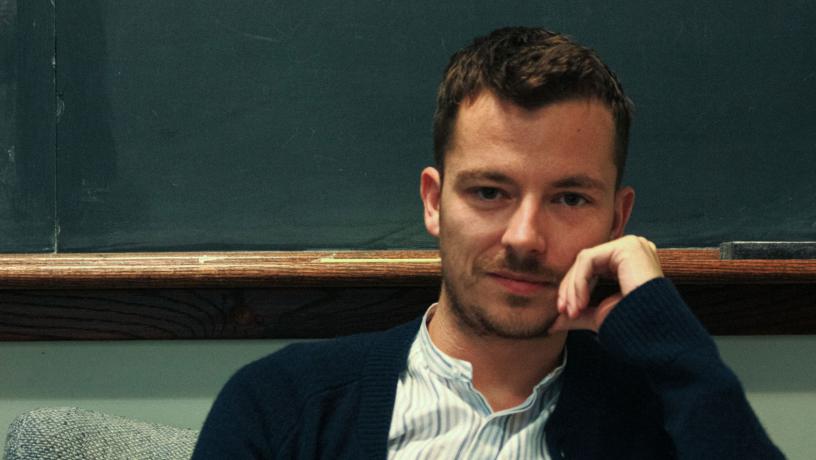
BRIAN A. SMITH
Brian Smith joined the Department of Computer Science as an Assistant Professor in July 2019.
Smith obtained his PhD from Columbia Engineering in 2018, his MS from Columbia Engineering in 2011, and his BS from Columbia Engineering in 2009. Since 2018, he has been a research scientist at Snap, Inc.
Smith’s research focuses on human–computer interaction (HCI), in which he creates computers that can help people better experience the world. His work is interdisciplinary and brings together AI, sensing, game design, social computing, and accessibility. At Columbia, he will establish an HCI research lab and teach courses on HCI and game design.
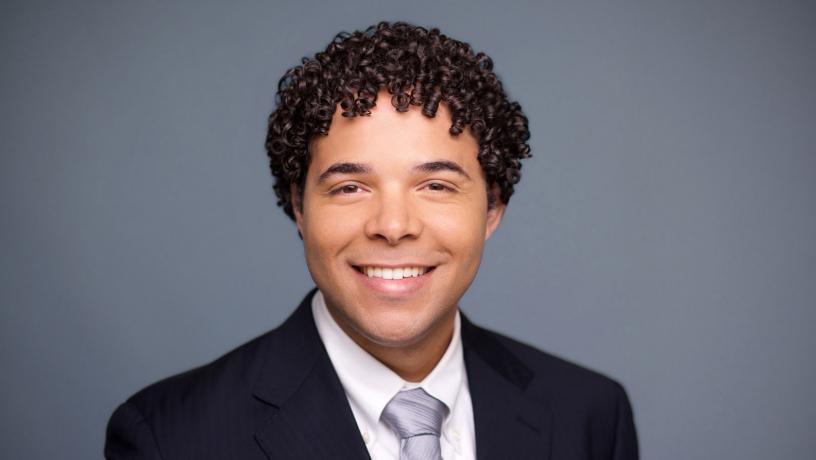
SHURAN SONG
Shuran Song joined the Department of Computer Science as an Assistant Professor in July 2019.
Song received her PhD from Princeton University in 2019, her MA from Princeton University in 2015, and her BEng from Hong Kong University of Science and Technology in 2013. From 2017 to 2018, she was a visiting researcher at Google Brain Robotics.
Song’s interests lie in artificial intelligence, with emphasis on computer vision and robotics. She focuses on establishing the complete research infrastructure for the field of 3D visual scene understanding: from developing fundamental algorithms to deploying them in practical real-world robotics applications; from constructing large-scale 3D datasets to designing effective 3D data representations.
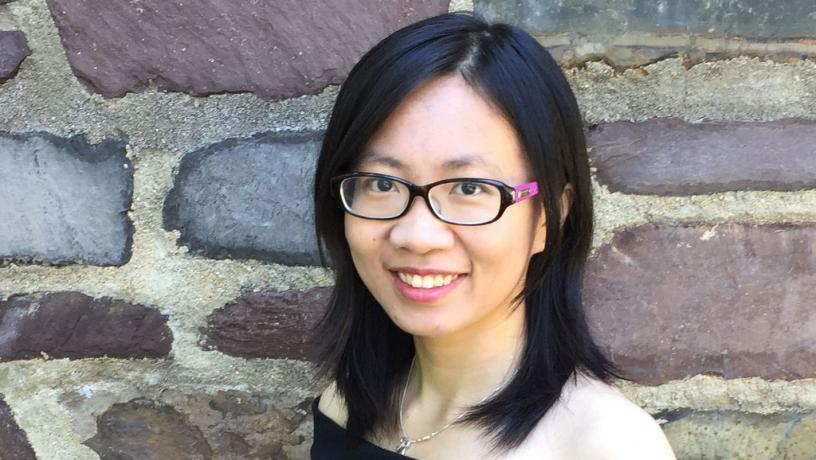
DAN STEINGART
Dan Steingart joined Columbia as the Stanley-Thompson Associate Professor of Chemical Metallurgy in the Department of Earth & Environmental Engineering in January 2019.
Steingart received his PhD from the University of California at Berkeley in 2006, his Management of Technology Certificate from the Walter A. Haas School of Business at the University of California at Berkeley in 2003, and his ScB from Brown University in 2000.
Steingart is the Co-director of the Columbia Electrochemical Energy Center. Previously he was an associate professor in the Department of Mechanical and Aerospace Engineering and the Andlinger Center for Energy and the Environment at Princeton University and prior to that an assistant professor of chemical engineering at the City College of the City University of New York. His group studies the interactions between materials and systems in electrochemical reactors with a focus on energy storage devices. His current research looks to exploit traditional failure mechanisms and "unwanted" interactions with batteries for systematic understanding and device enhancement. His efforts in this area over the last decade have been adopted by various industries and have led directly or indirectly to five electrochemical energy related startup companies, the latest being Feasible, an effort dedicated to exploiting the inherent acoustic responses of closed electrochemical systems.
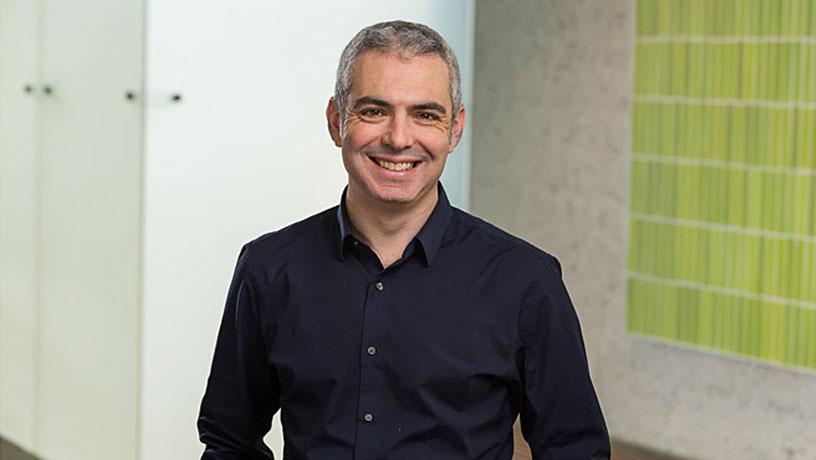
ALEXANDER URBAN
Alexander Urban joined the Department of Chemical Engineering as an Assistant Professor in January 2019.
Urban received his PhD from Friedrich-Alexander University Erlangen-Nuremberg in 2012, his MSc from Ruhr-University Bochum in 2008, and his BSc from Ruhr-University Bochum in 2006. He did postdoctoral research at Massachusetts Institute of Technology and the University of California, Berkeley.
Urban investigates materials for electrochemical energy storage and conversion using computational methods. During his postdoctoral research, he and his experimental colleagues discovered a new class of cation-disordered high-capacity cathode materials for lithium ion batteries. Prior to Columbia, he was a research fellow in the School of Chemistry at the University of St. Andrews. Urban is a core member of the Columbia Electrochemical Energy Center and an affiliated member of the Columbia Data Science Institute.
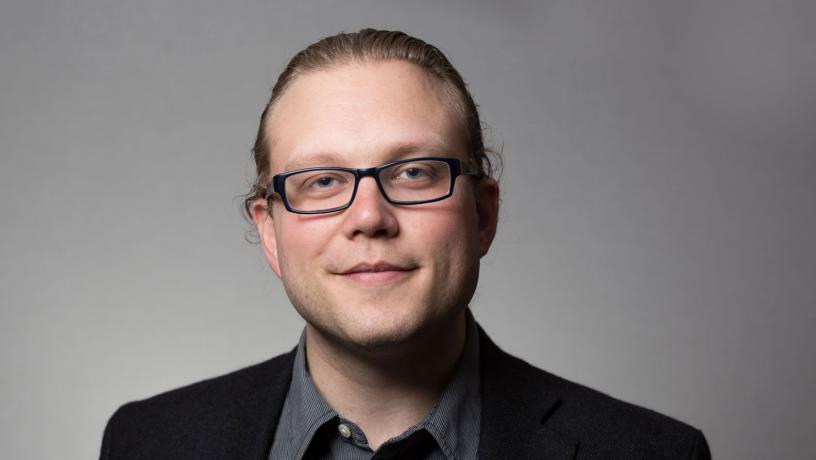
HARRY WEST
Harry West joined the Department of Industrial Engineering and Operations Research and Mechanical Engineering as a Professor of Practice in July 2019.
West received his PhD from Massachusetts Institute of Technology in 1986, his SM from Massachusetts Institute of Technology in 1984, and a BA from Cambridge University in 1980.
West is the Principal of Invisible Design where he develops human-centered design and innovation solutions to difficult business problems and helps design organizations align their work meaningfully with company strategy. He was formerly the CEO of frog, Senior Partner at Prophet, and CEO at Continuum where he worked with leading brands, including P&G to create Swiffer and ThermaCare, and BBVA to envision new ways for people to interact with financial services. At Columbia, he teaches the interdisciplinary design course, “Introduction to Human-Centered Design,” and works at the intersection of design, data, and behavior change with a particular focus on developing new ways to reduce consumption.
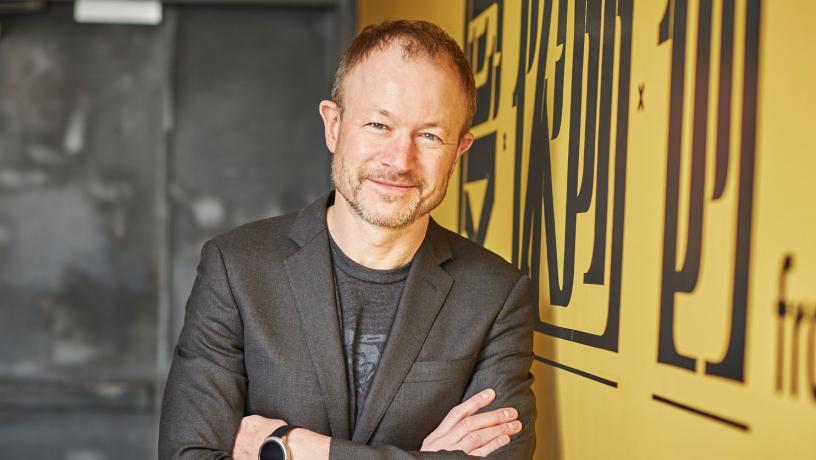
YEVGENIY YESILEVSKIY
Yevgeniy Yesilevskiy joined the Department of Mechanical Engineering as a Lecturer in Discipline in July 2019.
Yesilevskiy received his PhD from the University of Michigan in 2018, his MS from the University of Michigan in 2016, and his BE from The Cooper Union in 2013.
Yesilevskiy joins Columbia from the Syracuse University College of Engineering and Computer Science. He conducts research in the simultaneous optimization of gaits, motion, and morphology on realistic simulations of monopod, biped, and quadrupedal robots. By making simple robots move efficiently, he hopes to understand why humans and animals move in the ways that they do. He is the recipient of the University of Michigan Towner Prize for Outstanding Engineering Graduate Student Instructor and the University of Michigan Rackham Graduate School Outstanding Graduate Student Instructor Award. At Columbia, he will focus on teaching design and hands-on coursework.
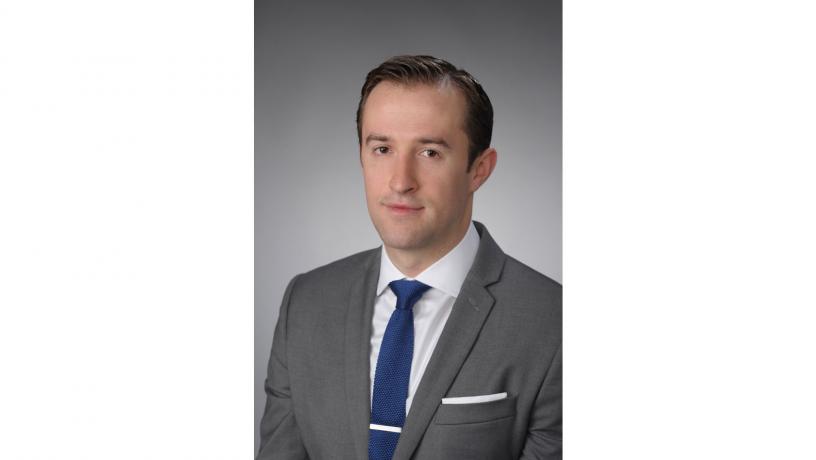
2020
In 2020, we will also be welcoming a number of new faculty members:
James Anderson, Assistant Professor, Electrical Engineering (January 2020)
Elham Azizi, Assistant Professor, Biomedical Engineering; Herbert and Florence Irving Professor of Cancer Data Research, Irving Institute for Cancer Dynamics (January 2020)
Bolun Xu, Assistant Professor, Earth & Environmental Engineering (January 2020)
Vijay Vedula, Assistant Professor, Mechanical Engineering (January 2020)
